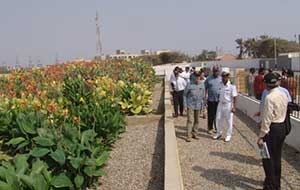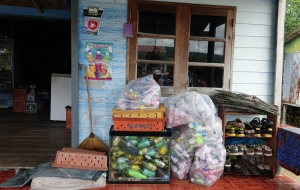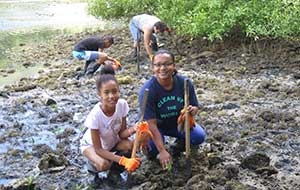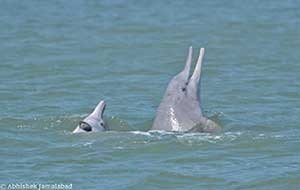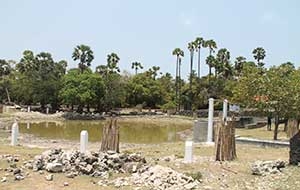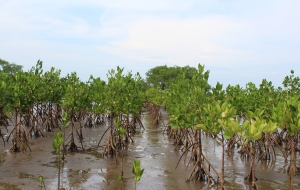Knowledge Hub :: MFF Solutions :: Environment
Environment
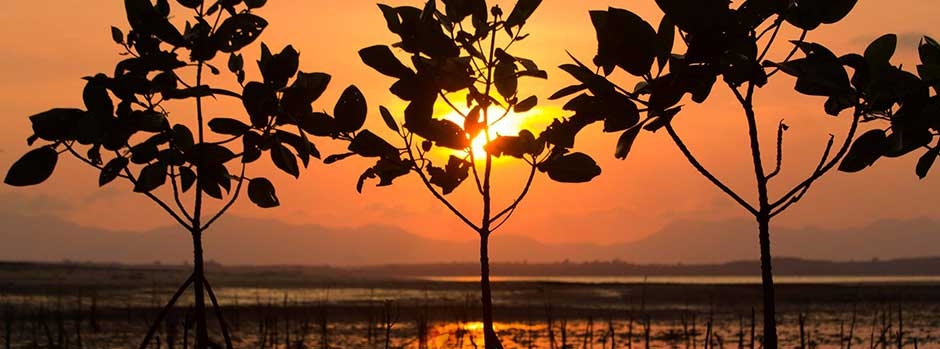
Mangroves at sunset © MFF Thailand / Siriporn Sriaram
All coastal ecosystems such as mangroves, coral reefs and seagrass beds are under threat from climate-change and variability; however, the long-term survival and functioning of key ecosystems is crucial for the communities depending on ecosystem services such as provisioning (e.g., timber, fuel wood, and charcoal), regulating (e.g., flood, storm and erosion control; prevention of salt water intrusion), and habitat (e.g., breeding, spawning and nursery habitat for commercial valuable fish species).
Sustainable environmental management practices build resilience in the dynamics between ecosystems and communities in the the long-term: e.g. the role of mangroves in providing a ‘physical buffer’ against extreme events became clear after the tsunami in 2004. Mangroves can increase resilience to coastal disasters, which are likely to be exacerbated by climate change - both by ‘absorbing’ the wave surges and supporting the ability of communities to recover by providing livelihood opportunities.
MFF has promoted investments in coastal ecosystems as a form of natural infrastructure to support sustainable development using the principle of ‘nature-based solutions’. MFF has also supported actions that address key environmental issues in target areas, for example, mangrove rehabilitation, waste management, eco-tourism, and waste water pollution to name a few.
Here you will find examples of projects that have been implemented by MFF that have contributed to strengthening resilience of coastal communities by addressing environmental issues.
